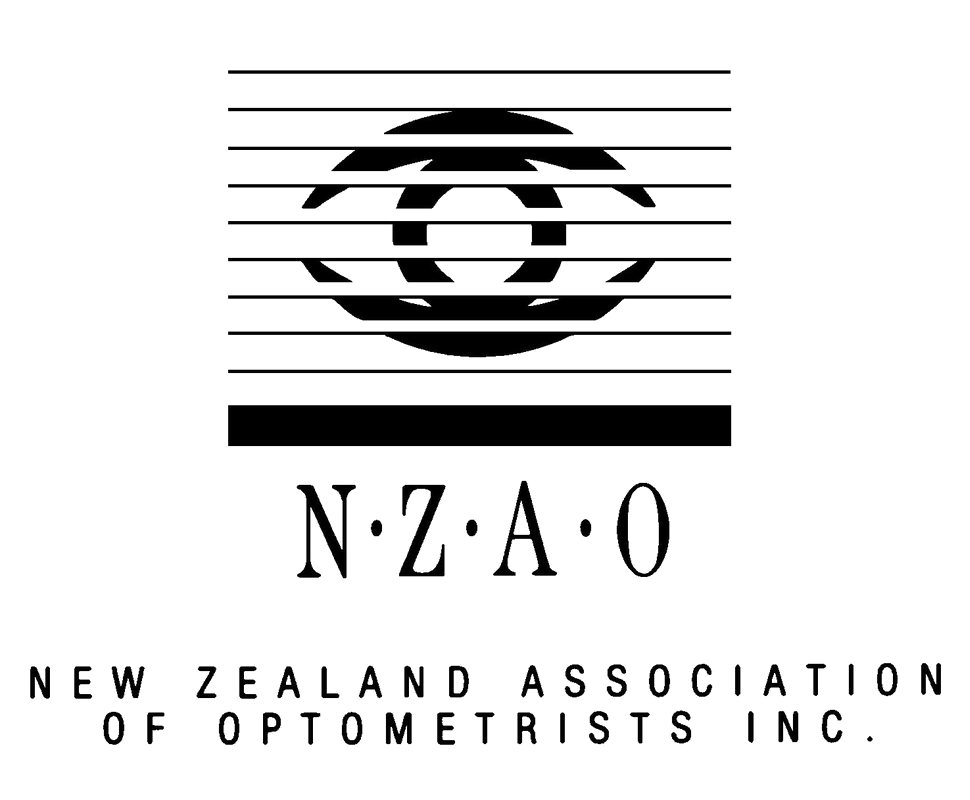These symptoms, known as ‘flashes’ and ‘floaters’ can be a sign of an ocular emergency. ‘Floaters’ are drifting shapes in the vision, which people describe as buzzing insects, drifting spots, or blobs of ink or jelly. ‘Flashes’ are light effects that appear briefly, and can look like a shooting star or arcs of light, generally in the peripheral vision. For most people these symptoms come on quickly, generally just in one eye, and are more obvious when looking at a blank background like the sky or a wall, or when the light is dim.
A representation of the symptoms of floaters and floaters.
The cause of these symptoms is because the vitreous humour, the collagen gel that fills the eyeball, becomes more liquefied as we age, and eventually collapses. This process is called a posterior vitreous detachment. Clumps of vitreous debris can form that cast a shadow on the retina – creating ‘floaters’. When this gel gently tugs on the retina (the light sensitive nerves of the eye) a signal is created which the brain sees as ‘flashes’. These symptoms eventually decrease with time, generally because gravity drops the debris out of your line of sight, or more commonly the brain learns to ignore them! This can take many months, and sometimes they may never disappear completely.
Diagram of the eye showing the vitreous humour, the jelly that fills the eye. Sadly if the vitreous pulls on the retina causing a tear or detachment it can be anything but humorous.
Unfortunately approximately 1 in 10 people that experience these symptoms suddenly will have more serious issues in the eye including holes, tears or detachments of the retina. These conditions are more common in people with short-sightedness, or myopia (one of the reasons we try to limit the level of myopia in our kids as they grown older - more info here) and require urgent surgical repair to avoid the risk of permanent vision loss. Results following surgery are better with early detection.
Our optometrist Alex has been unfortunate enough to have three retinal detachments already in his life, but fortunately these were picked up very early and emergency surgery was able to save his sight. The only symptoms Alex noticed were subtle arcs of light in his peripheral vision the day before. The next day he started losing peripheral vision in one eye so rushed himself to the hospital knowing that due to his high myopia that it was highly likely he had a retinal detachment!
So if you notice new ‘floaters’ or ‘flashes’ see Alex at Bay Eye Care promptly for a thorough retinal examination. This will done with the help of eye-drops that dilate your pupil to allow Alex the best view of the peripheral retinal areas. If retinal damage is found then Alex can swiftly arrange a referral to his eye surgeon colleagues for treatment.









